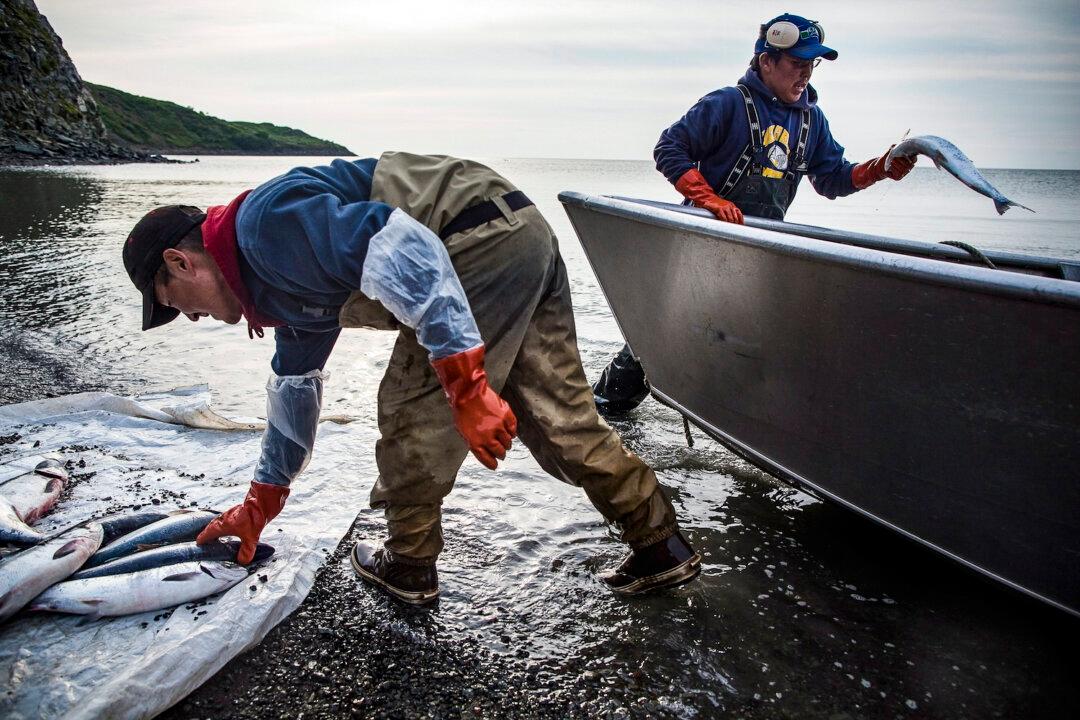A federal appeals court has reversed a lower court ruling that would have shut down the Southeast Alaska Chinook salmon fishery, a significant source of income for local fishermen, while keeping intact a program aimed at increasing prey for an endangered species of orcas.
The 9th U.S. Circuit Court of Appeals ruled on Aug. 16 that U.S. District Judge Richard Jones in Seattle had erred in 2023 when he invalidated a key permit, known as a “take statement,” issued by the U.S. National Marine Fisheries Service (NMFS).





